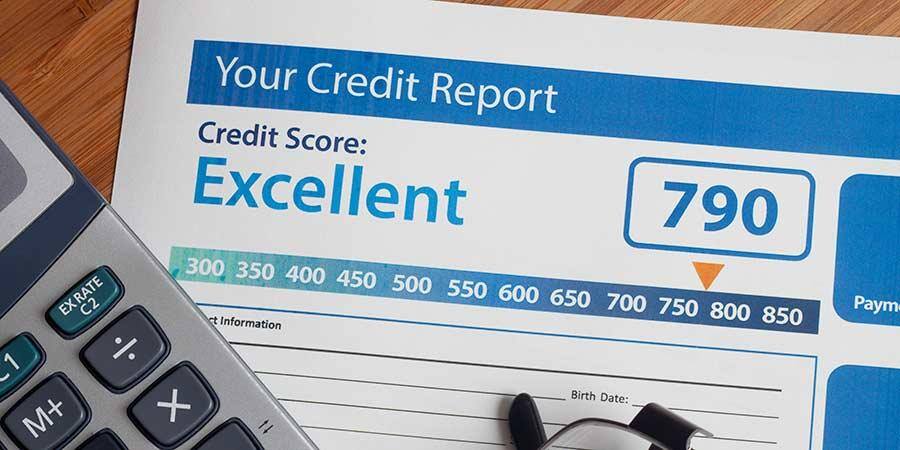We naturally spend a lot of time tracking things we enjoy the most, like our favorite ball team stats, or how many likes we got on our latest Facebook post. However, when it comes to monitoring our credit rating, avoidance is often the game plan.
There are some simple things you can do to improve your financial stats and open the doors of opportunity that a good credit history can unlock. But first, some background.
Why all the fuss about my credit history?
Your credit history is an objective barometer of your financial health and your reliability in repaying borrowed funds. Potential lenders, and, sometimes even potential employers, may require you to disclose your credit history. Your history typically includes how long you’ve had credit, whether you’ve paid your bills on time, your employment history and income, your debt-to-income ratio and the value of assets you may have accumulated.
These data points tell lenders how much “risk” they are taking on by loaning you money. “A person’s credit score is generally the starting point that helps us determine how favorable we can make loan rates and terms,” says TwinStar’s chief lending officer, Aaron Palmer. “If a borrower’s credit history shows on-time payments and the avoidance of unmanageable debt, we’re able to offer very competitive rates, lower down payments and more generous terms.”
What can I do to improve my credit selfie?
For the most part, we’re in control of our credit worthiness. Keeping our history clean requires simple discipline such as paying our bills on time, not overextending ourselves with more debt than we can repay, and doing our best to keep a consistent income coming in the door.
However, life happens, and unforeseen events can disrupt even the best-laid plans. Job loss, medical expenses, and life’s other little surprises can quickly disrupt a family budget. Having a savings fund or the planned and unplanned is always wise.
If you’ve found yourself in a situation where you can’t make payments on time, contact your lender proactively and explain your circumstances. Most lenders will work with you while you get back on your feet. If you’ve had late payments, or even a bankruptcy or foreclosure, you can work your way back to a better credit standing.
Palmer suggests the following to improve your credit history:
- Periodically review your credit history. You are entitled to a free credit history report each year from each of the three credit reporting agencies.
- Make sure each of your credit accounts on the report are accurate. Watch for credit inquiries or charges that you did not authorize. They may be a red flag for fraud.
- Contact credit-reporting agencies if you find inaccuracies, and get them resolved.
- Participate in the free Balance Program offered by TwinStar. This confidential financial counseling and education program offers a ton of online resources, and access to certified financial counselors by phone.
- “Look for ways to establish modest, manageable credit,” Palmer simply suggests. “And when you do, pay your bills on time.”
TwinStar has designed the “First-Time Borrower” program to help people who are new to credit, or rebounding from past credit mishaps. The program offers auto, Visa and personal loans with no down payment, but a higher rate, while credit worthiness is established.
“We value our relationship with our 108,000 members,” says Palmer. “And we’re always looking for innovative ways to help them be successful.”
Other Resources:
Identity Theft and Your Credit / From TwinStar’s Newsletter, Bright Solutions
Save to Win! / Prize winning savings program that rewards good savings habits
